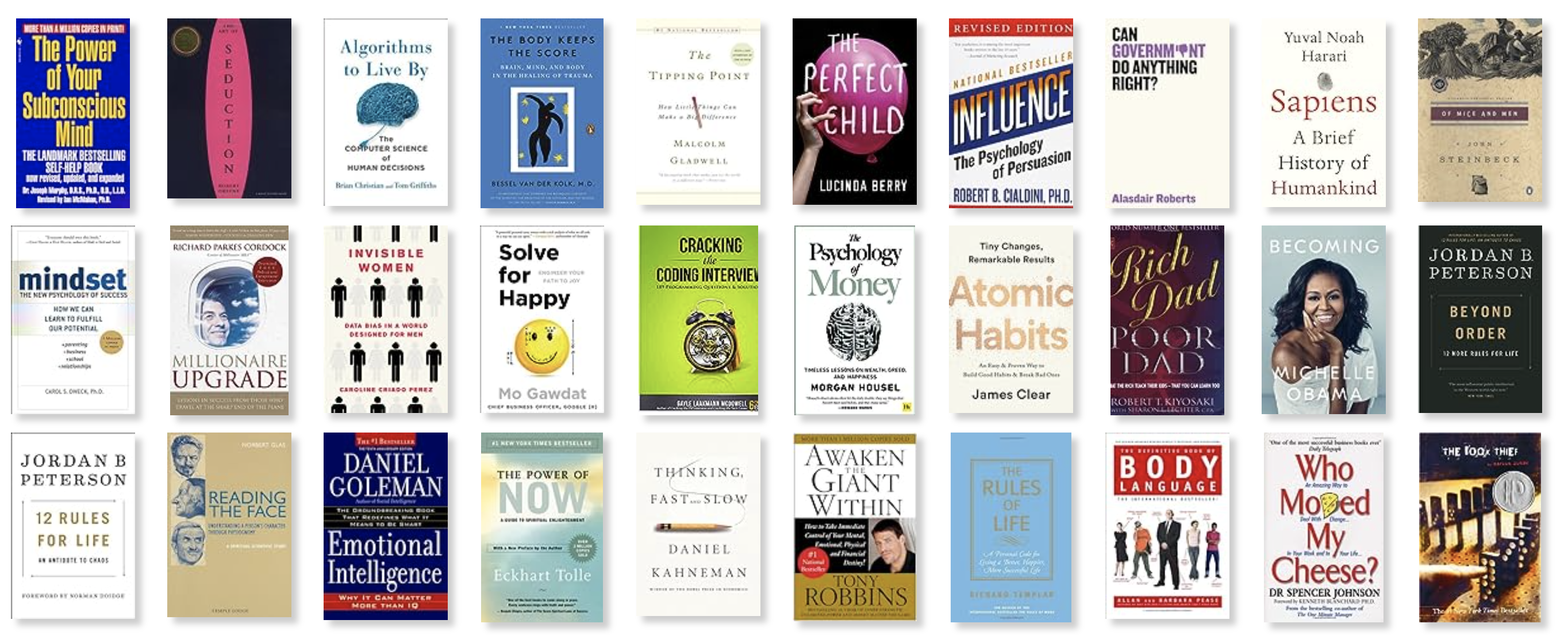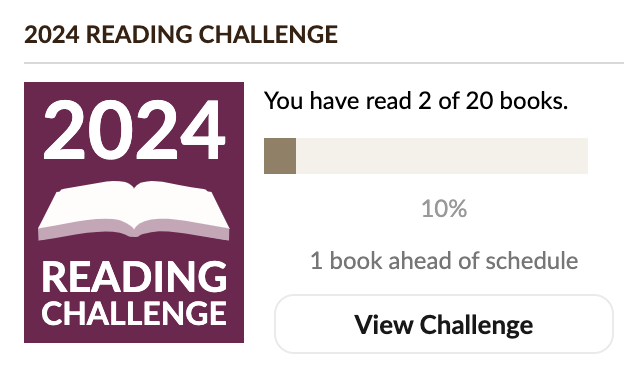-
English
Français
العربية
Español -
0
Human Languages -
0
Programming Languages -
Pyhton, R, Java SQL, PL/SQL, PHP HTML5, CSS3, JS
Selected Honors
- ACM-W Scholarship Award, ACM Association, 2023
- SIGSOFT grant to attend ICSE 2023, ACM Association, 2023
- Three-minute Thesis Competition, Queen’s University,2023
- School of Computing Ian A. Macleod Award, Queen’s Computing, 2022
- Travel Grant Award to attend ICSE 2022, ACM Association, 2022
- SGPS International Student Leader Award, Queen’s University, 2021
- SGS Award in Leadership, Innovation, and Community Engagement, Queen’s University, 2021
- Vanier Graduate Canada Scholarship, NSERC, Government of Canada, 2021 - 2024
- Graduate Research Fellowship, Queen’s University, 2021
Publications
Journal
Unraveling Code Clone Dynamics in Deep Learning Frameworks
Assi M., Hassan S., Zou Y.
(In preparation)
Predicting the Change Impact of Resolving Defects by Leveraging the Topics of Issue Reports in Open Source Software Systems
Assi M., Hassan S., Georgiou S., Zou Y.
ACM Transactions on Software Engineering and Methodology (TOSEM), 2023
[Paper]
SDODV: A smart and adaptive on-demand distance vector routing protocol for MANETs
Kaddoura S., Haraty R., Al Jahdal S, Assi M.
Peer-to-Peer Networking and Applications, 2023
[Paper]
FeatCompare: Feature Comparison for Competing Mobile Apps Leveraging User Reviews
Assi M., Hassan S., Tian Y., Zou Y.
Empirical Software Engineering (EMSE), 2021
[Paper]
Conference
Scheduling Household Appliances using Genetic Algorithms
Assi M., Haraty R., Thoumi S., Kaddoura S., Belal N.
IEEE International Conference on Innovation and Intelligence for Informatics, Computing, and Technologies, 2022
[Paper]
A Survey of the Knapsack Problem
Assi M., Haraty R.
IEEE International Arab Conference on Information Technology, 2018
[Paper]
Genetic Algorithm Analysis Using the Graph Coloring Method for Solving the University Timetable Problem
Assi M., Halawi B., Haraty
International Conference on Knowledge-Based and Intelligent Information & Engineering Systems, 2018
[Paper]
A Systematic Review of Anonymous Communication Systems
Haraty R., Assi M., Rahal I.
International Conference on Enterprise Information Systems, 2017
[Paper]
Teaching
Teaching Fellow (co-instructor), Queen's University
- CISC 151 - Elements of Computing with Data Analytics, undergraduate course (500+ students) (Winter 2023, Winter 2022)
Teaching Assistant, Queen's University
- CISC 101 - Elements of Computing Science, undergraduate course (Fall 2021)
- CISC 335 - Computer Networks, undergraduate course (Winter 2021)
- CISC 451 - Topics in Data Analytics, graduate course (Fall 2020)
- CISC 151 - Elements of Data Analytics, undergraduate course (Winter 2020)
- CISC 282 - Fundamentals of Web Development, undergraduate course (Fall 2019)
Instructor, Enrichment Studies Unit, Queen's University
- Introduction to Web Development (Grades 7 and 8)
- Introduction to Web Development (Grades 10-12)
Instructor, Lebanese American University
- CSC 201 - Computer Applications, undergraduate course (Fall 2014 and Spring 2015)
Teaching Assistant, Lebanese American University
- CSC 243 - Object-Oriented Programming (Java), undergraduate course (Spring 2014)
- CSC 245 - Data Abstraction (Java), undergraduate course (Fall 2015)
Service
Invited Transaction Reviewer
- IEEE Transaction on Software Engineering 2022, 2023
Conference Reviewer
- IEEE/ACM International Conference on Software Engineering (ICSE) 2024
- IEEE/ACM International Conference on Automated Software Engineering (ASE) 2020, 2022
- ACM Mining Software Repositories (MSR) 2022
- ACM Symposium on the Foundations of Software Engineering (FSE) 2021, 2022
Conference Organization
- ACM Mining Software Repositories (MSR), session chair 2023
- CS-Can |Info-Can student conference, organizer member 2023
- ACM Canadian Celebration of Women in Computing, organizer member 2022
- Queen’s CSearch Computing Student Research Conference, program chair 2020
-
Member of the Board of Directors at CS-CAN|Info-Can (2020-present)

-
PSAC Steward at the local Union of TAs, FAs and RAs (2020-2023)

-
President of the Queen's Graduate Computing Society (2020-2022)

-
Instructor - Youth Education (2020-2022)

-
Founder of GRAD MENTOR PROGRAM peer advisor program (2020)

-
Lead, Include Transform Facilitator (2020)

Latest News
-
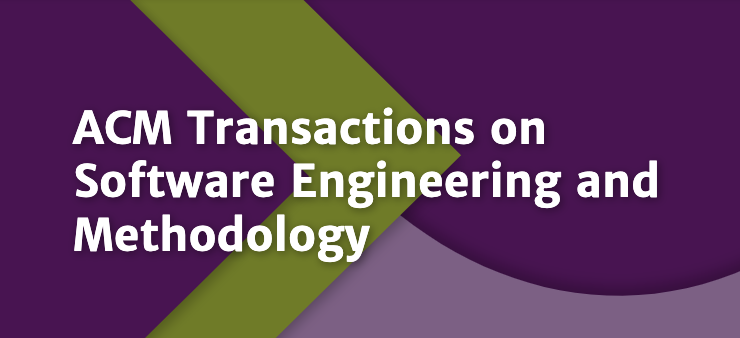
Upon receiving a new issue report, practitioners start by investigating the defect type, the potential ixing efort needed to resolve the defect and the change impact. Moreover, issue reports contain valuable information, such as, the title, description and severity, and researchers leverage the topics of issue reports as a collective metric portraying similar characteristics of a defect. Nonetheless, none of the existing studies leverage the defect topic, i.e., a semantic cluster of defects of the same nature, such as Performance, GUI and Database, to estimate the change impact that represents the amount of change needed in terms of code churn and the number of iles changed. To this end, in this paper, we conduct an empirical study on 298,548 issue reports belonging to three large-scale open-source systems, i.e., Mozilla, Apache and Eclipse, to estimate the change impact in terms of code churn or the number of iles changed while leveraging the topics of issue reports. First, we adopt the Embedded Topic Model (ETM), a state-of-the-art topic modelling algorithm, to identify the topics. Second, we investigate the feasibility of predicting the change impact using the identiied topics and other information extracted from the issue reports by building eight prediction models that classify issue reports requiring small or large change impact along two dimensions, i.e., the code churn size and the number of iles changed. Our results suggest that XGBoost is the best-performing algorithm for predicting the change impact, with an AUC of 0.84, 0.76, and 0.73 for the code churn and 0.82, 0.71 and 0.73 for the number of iles changed metric for Mozilla, Apache, and Eclipse, respectively. Our results also demonstrate that the topics of issue reports improve the recall of the prediction model by up to 45%.
Read the full paper here

-
Presenting the Three Minute Thesis Competition: where research meets concise communication!
March 2023
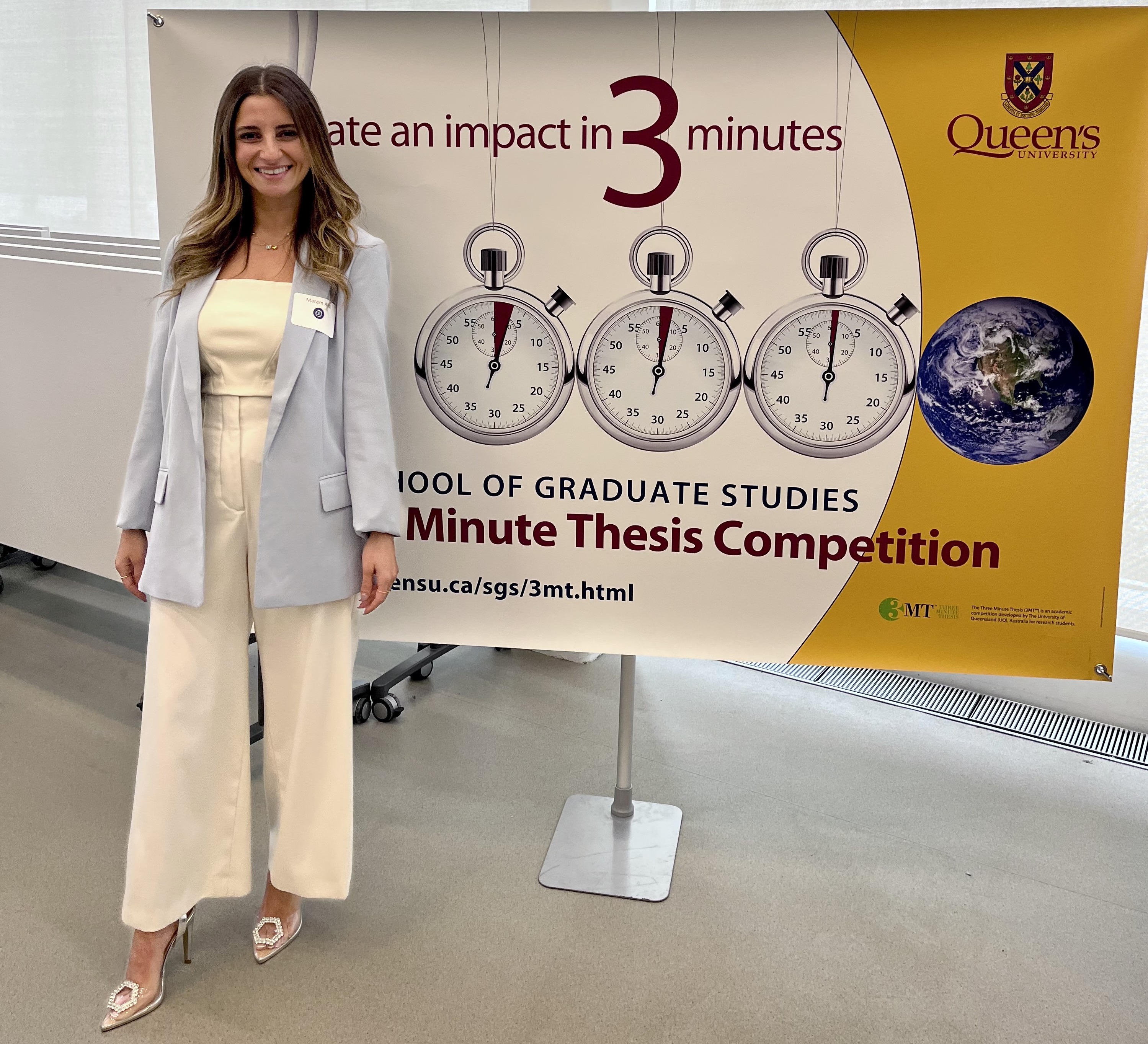
3MT, what an incredible platform to showcase my research and engage with a diverse audience! I thoroughly enjoyed the challenge of conveying the complex concepts of my research in a concise manner to a non-expert audience while maintaining the essence of my work. This experience was unique! It pushed me to refine my communication skills and find creative ways to make my research accessible to a wider audience.
Watch my presentation in the final competition here.
About Three Minute Thesis (3MT) Competition: The Three Minute Thesis competition challenges researchers to present their research in a clear, concise, and engaging manner, encapsulating years of work in just three minutes to a non expert audience. It serves as a platform to showcase the importance and impact of academic research while honing participants' communication skills.

-
Women. Life. Freedom. Technology at the the ACM Canadian Celebration of Women in Computing.
October 2022
CAN-CWiC is the premiere Canadian computing conference for Women in Technology. This year, 650 attendees, i.e., faculty members, Ph.D., MSc and undergraduate students from all across Canada, gathered in Toronto to network, learn, share and mentor women in computing.
Being surrounded by hundreds of young and professional achieved women in the tech field felt so empowering. Once on stage, I embraced the "butterflies" in my stomach and opened my talk by raising the voice advocating for women's rights around the world. I ended my speech with a piece of advice to the students: "Be comfortable with imperfections". Why imperfection? Read more about my journey of breaking free from the voice of perfection here.
-
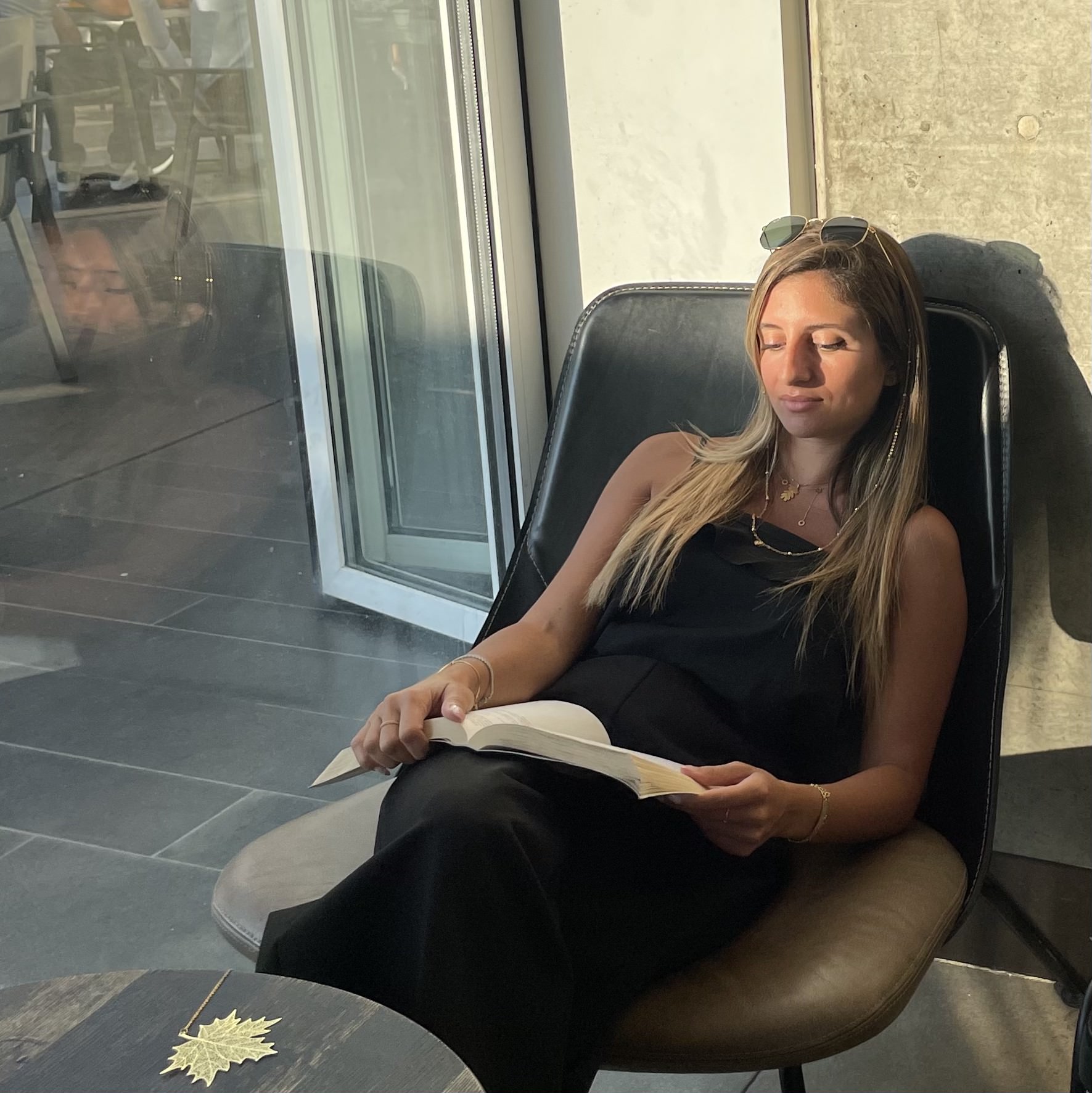
The book that changed my mindset:
"Thinking Fast and Slow"
by Daniel KahnemanWhen Psychology meets Computing -
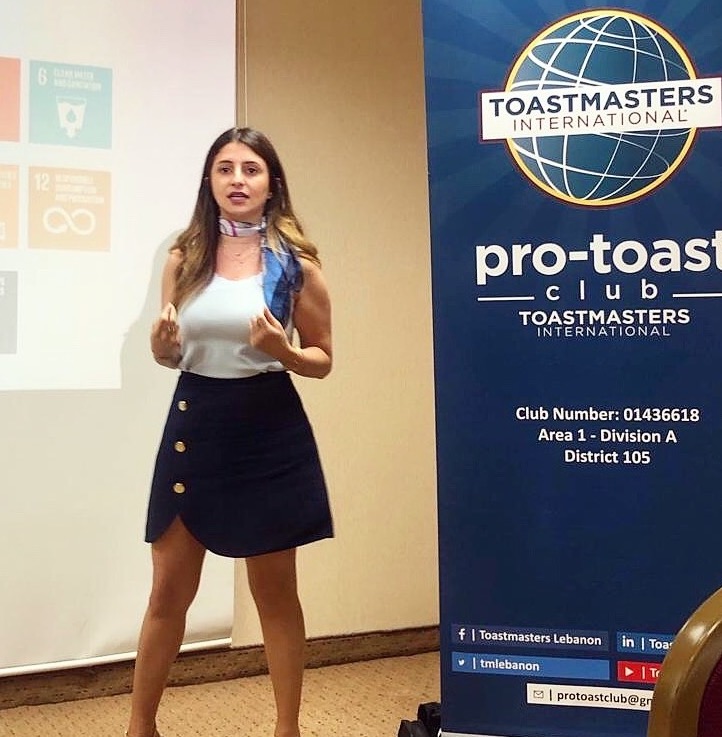
What do I do in my free time?
You will probably find me in one of the Toastmaster public speaking clubs in town
Public Speaking -

I am only willing to wake up at 4 am if I am riding in a hot air balloon at sunrise - One of my unique experiences in Cappadocia
Hot air balloon -

Beach and sunset lover, yet I moved to Canada. But guess what? I guess I started to love the snow :)
Sunset Lover -

Thanks to its fascinating architecture, tasty Tarte au citron and unique Eiffel tower, Paris will always have my heart
Favorite City




